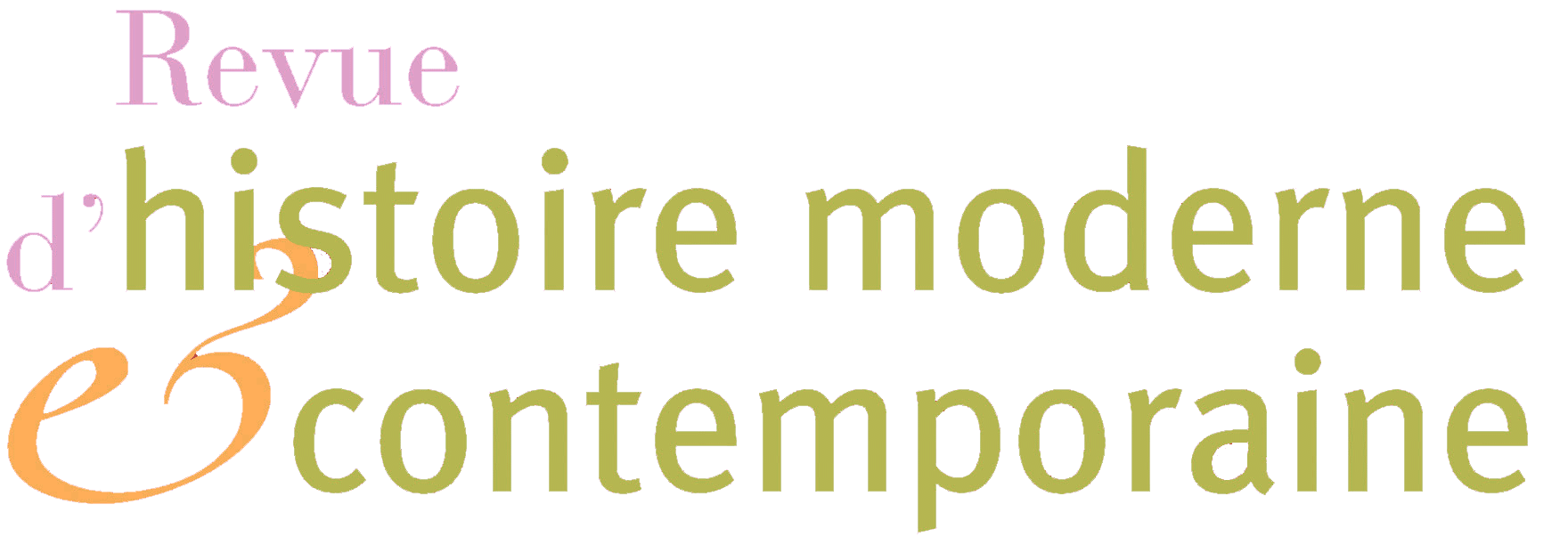Diplomatic negotiations and plurality of laws: The Holy Roman Empire, Europe and the problem of “foreign affairs” (17th-18th centuries)
This paper argues that the law of nations cannot be regarded as the only one that could govern, in Early-modern Europe, diplomatic relations between princes: not only because at this time, territories could not be seen as homogeneous states for which a clear distinction between “inside” and “outside” could be made – which caused many concrete problems when it came to put the law of nations into practice –, but also because the relation between two princes could be interpreted through a multiplicity of legal frames. In other words, the field of “diplomacy” cannot be limited to the field of “foreign affairs,” which only relies on the prerequisites of the law of nations. To consider diplomatic relations in their political and legal plurality allows on the contrary to reconstruct the complexity of political ties which linked the princes in Early-modern Europe, and the plurality of fields in which the political struggle between them took place. Through the analysis of the situation inside the Holy Roman Empire after 1648 and of the Anglo-Hanoverian diplomacy in the Empire between 1748 and 1756, this paper rebuilds the plurality of laws which were used by diplomatic actors and it stresses how they took advantage of this very plurality during negotiations in order to defend their interest.
Keywords
- Europe
- Holy Roman Empire
- 17th-18th centuries
- diplomacy
- law of nations
- negotiation practices
